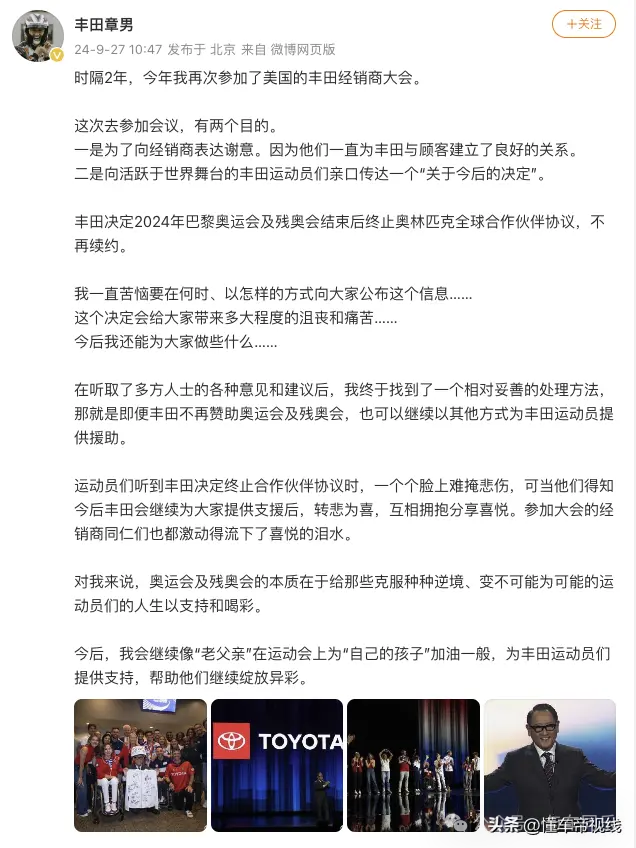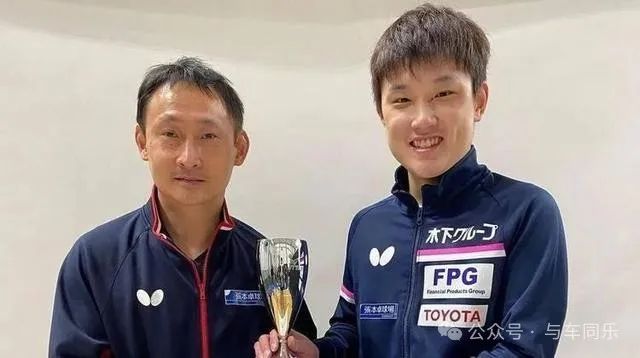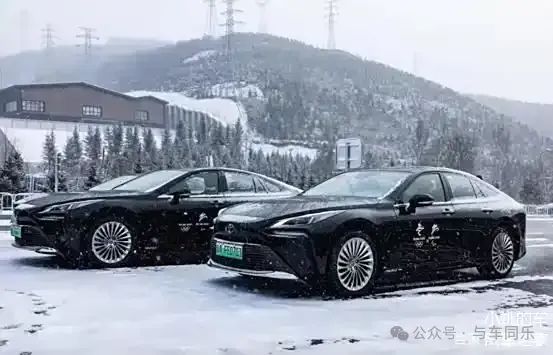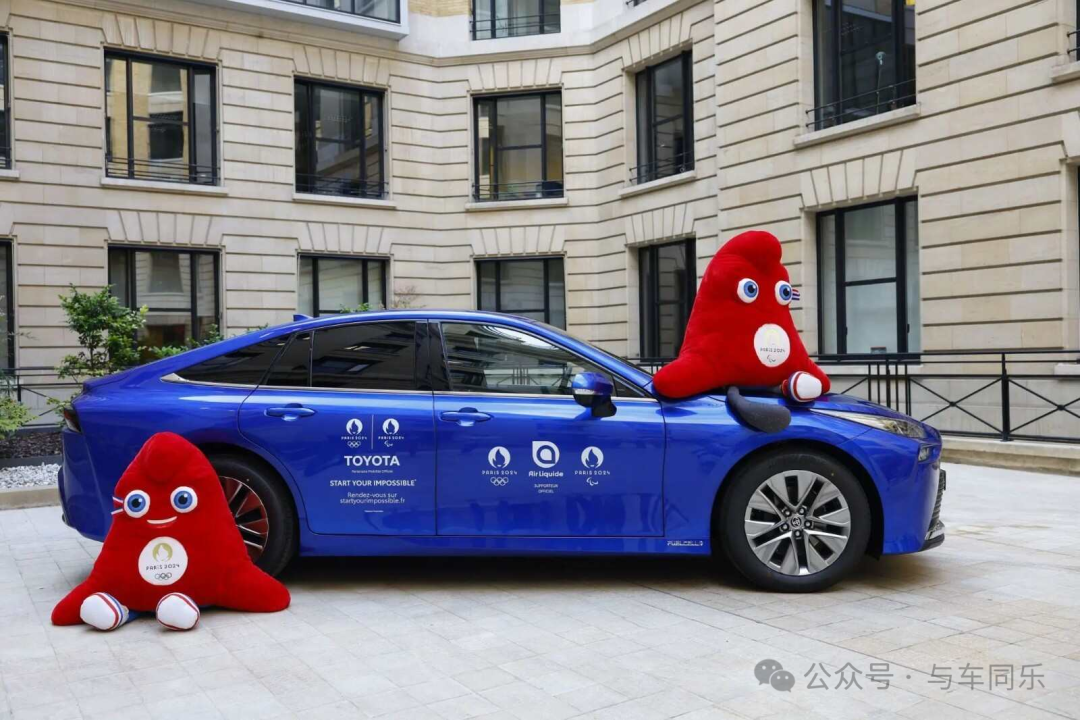Interpretation | Did Toyota terminate the Olympic cooperation agreement due to the failure of hydrogen energy vehicle promotion?
![]() 09/30 2024
09/30 2024
![]() 648
648
On September 27, Akio Toyoda, Chairman of Toyota Motor Corporation, announced that the Olympic global partnership agreement would be terminated after the end of the 2024 Paris Olympics and Paralympics, and would not be renewed. Akio Toyoda did not give an explanation for terminating the Olympic cooperation agreement, but emphasized providing assistance to Toyota athletes in other ways.

Here's a brief introduction to the so-called "sports assistance" provided by Japanese companies: Large Japanese companies recruit athletes as employees. These athlete employees do not need to go to work in the company but instead train at specialized clubs. When participating in competitions, they will participate in the name of the company, and the company may reimburse the registration fee and process fees. The clothing will naturally bear the company's LOGO, which is essentially an investment in promotion.

The signing of a cooperation agreement between companies and the International Olympic Committee (IOC) involves much more than just placing advertisements at venues. On a smaller scale, it allows for the display of LOGOs in various promotional aspects and the use of IOC project LOGOs in product promotions. On a larger scale, it allows for the proposal of adding certain events or influencing competition rules or judging standards.

The cooperation agreement signed between Toyota and the IOC made its hydrogen-powered car, MIRAI, the official vehicle for various IOC events in recent years. The use of Toyota's hydrogen-powered car, MIRAI, as the official vehicle for various IOC events in recent years demonstrates Toyota's significant investment in leveraging the image of the Olympics to endorse hydrogen-powered vehicles. The most recent example is the 2022 Beijing Winter Olympics and Paralympics, where Toyota MIRAI was the official vehicle. At that time, many car reviewers used this fact to promote hydrogen-powered vehicles, but they ultimately failed to gain traction.

However, this year's Paris Olympics was not as kind. More than 120 scientists, scholars, and engineers jointly wrote a letter to the Paris Organizing Committee, questioning the use of Toyota MIRAI as the official vehicle of the Olympics. They argued that hydrogen production relies heavily on methane, resulting in higher pollution levels than pure electric vehicles. Toyota had invested significant funds in leveraging the image of the Olympics to endorse hydrogen-powered vehicles. However, this collective opposition from the relaxed French elite has effectively ended any endorsement, dealing a fatal blow to MIRAI. The plan to promote hydrogen-powered vehicles through the Olympics has been a complete failure.

Shortly after the conclusion of the Olympics, a Ukrainian sapper disassembled one of the hydrogen tanks from an abandoned Toyota MIRAI on the roadside and turned it into a bomb, which was then thrown towards the Russian side, directly destroying a factory target. This provided us with an opportunity to witness the explosive power of hydrogen-powered vehicles.

Car Review Commentary: After years of effort, Toyota has proven that hydrogen-powered vehicles currently lack market competitiveness. Facing the gradual overseas expansion of Chinese automakers, Toyota must conserve funds and remain agile. The hydrogen energy technology and products that have become sunk costs must now reduce expenses and stop losses in a timely manner. As a result, hydrogen-powered vehicles are likely to be shelved.






